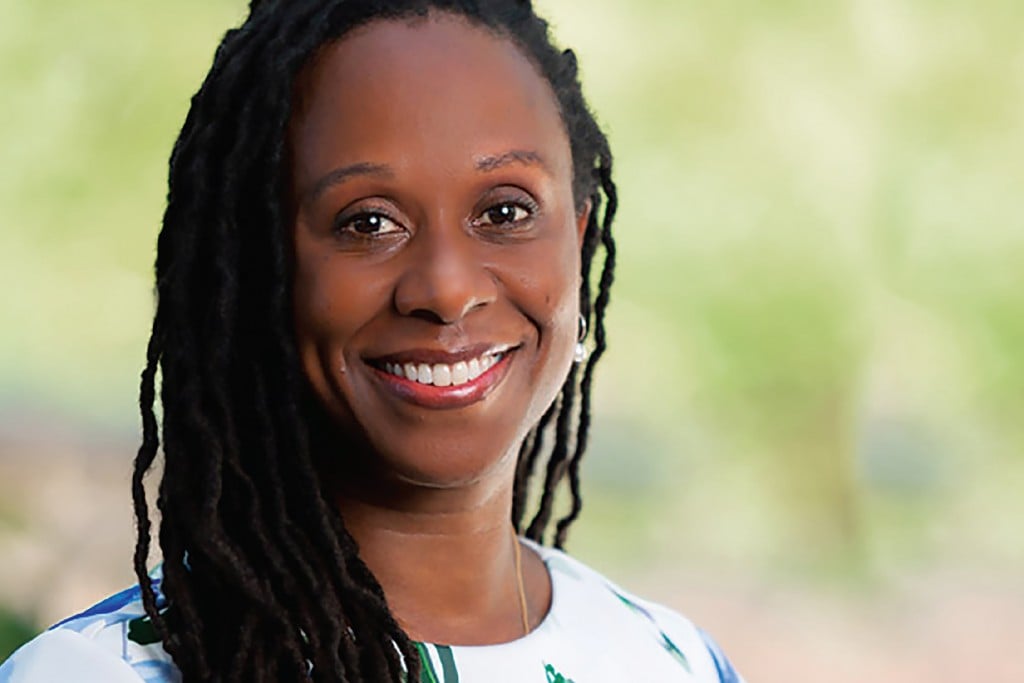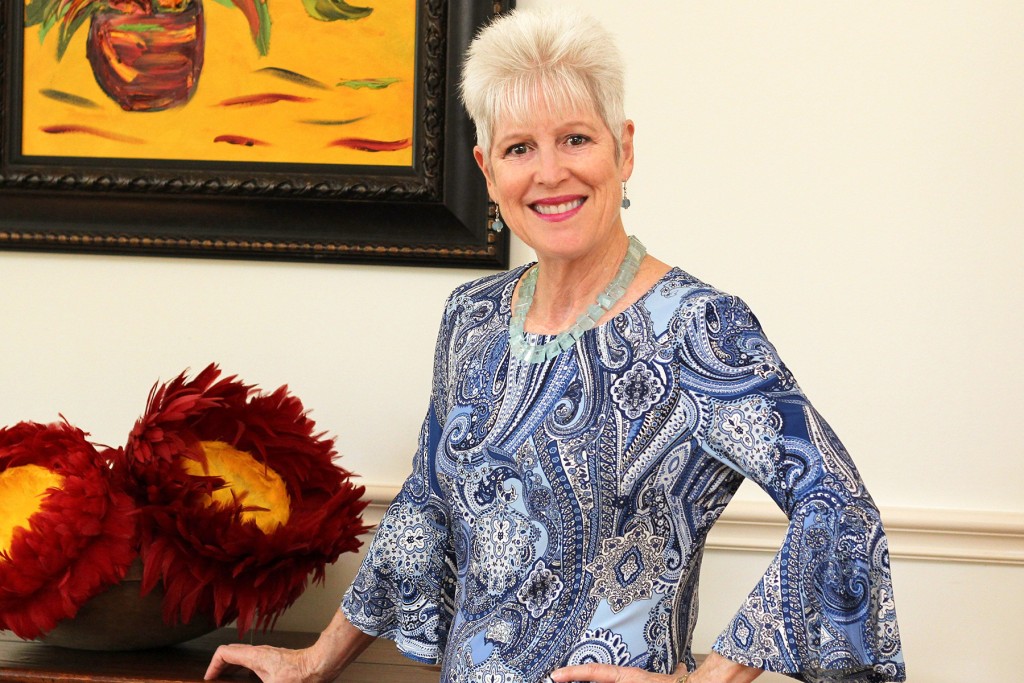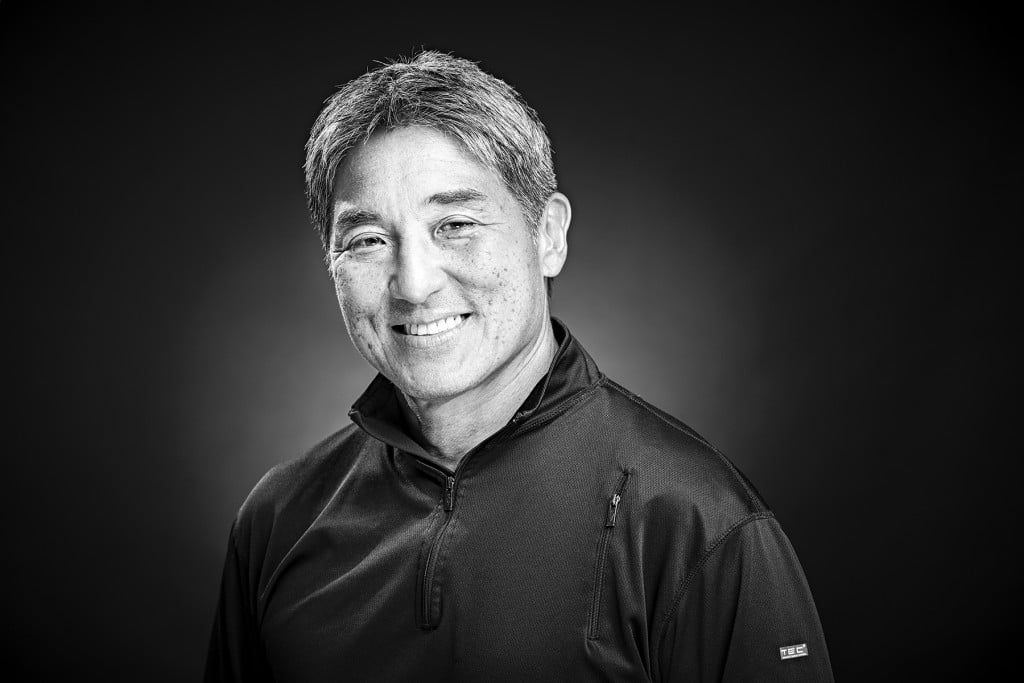Talk Story: Camille Nelson, Dean, UH Mānoa William S. Richardson School of Law

Before taking the helm at the Richardson School of Law in August, Nelson was the dean for the law schools at American University in Washington, D.C., and Suffolk University in Boston. Her scholarship includes a focus on race theory and cultural studies, which she brings to one of the nation’s most diverse law schools.
What drew you to Hawai‘i after a lifetime and career in Canada and the eastern U.S.?
Nelson: I’ve had the great privilege to teach at William S. Richardson School of Law several times over the last dozen years or so. I did my first sabbatical here teaching criminal procedure and an upper-level writing seminar. I was honored to be asked back to teach in the wonderful Ulu Lehua Scholars Program.
Those experiences were transformative, and I have always been greatly impressed with the students, alumni, staff and faculty with whom I had the pleasure of engaging. Also, as a Jamaican, I’ve always felt comfortable, welcomed and embraced here.
What is your leadership style?
Nelson: I believe effective leaders are good listeners. I think humility is important, especially as no one person can know everything, and an inclusive leader needs to empower others to use their expertise in service of the larger enterprise and community. It’s really important to lift up the next generation of leaders.
Particularly now, good leadership calls for crisis management and tone setting. My hope is that this all comes together authentically in service of the law school and university.
What do you believe are your greatest responsibilities to the students, who will become tomorrow’s judges, prosecutors and lawyers?
Nelson: During the pandemic, I am ever mindful of our students’ well-being, physical, psychological and emotional. I am concerned about self-care and holistic health generally.
I also want to remind students that they are our future leaders. Lawyers have always led us forward in so many aspects of society, and I want them to see themselves as empowered leaders of tomorrow. I want them to bring their whole selves into important conversations to make sure our profession becomes more diverse and inclusive and benefits from their backgrounds, experiences, cultures and perspectives, in addition to their legal acumen, experience and skills.
America’s justice system does not treat all people equally. What roles can lawyers and ordinary citizens play to change those inequalities?
Nelson: I think you have to recognize the role that law and lawyers play in safeguarding the democratic ideals to which we aspire. I think the best is yet to come in terms of reaching our highest democratic goals.
I think lawyers and those with excellent legal minds – our legal leaders of tomorrow – have a role to play in making sure we move forward, not backward, to achieve the highest aspirations of our democracy.
With respect to the citizenry, I think the engagement and activism of citizens have always transformed our society in meaningful ways. I think we are seeing this now throughout the country.
What experiences and people have shaped you the most and in what ways?
Nelson: I come from a family that greatly values education. Growing up with limited means in Jamaica instilled in my parents the transformative value of an education. My father in particular always emphasized the role of education in justice-seeking. There’s a telling reason slaves were often prohibited from learning to read or write. Access to literacy and to education is empowering.
I recognize the transformative potential of education. It’s analogous to a passport in that it can propel you forward to different places and spaces, and allow you access to people, places and things previously inaccessible. So when we talk about access, opportunity and equity, we have to talk about education in the same conversation.
What leadership roles should the Richardson School of Law play in Hawai‘i?
Nelson: In terms of national and Hawaiian discourse, I think concern for ensuring the rule of law is part of a widespread conversation. People recognize the Constitution and its amendments are critically important, that national and local legislation matters, and that how we engage in and talk about civil society is crucial to how we move forward and address crises. Lawyers have something to say and contribute to each of these areas.
Whether we think about the criminal legal system, environmental concerns and climate justice, voting rights, administrative law, immigration policy, privacy and technology, health law and policy, land rights or corporate governance, the law is interwoven through it all. Law matters near and far.
I think we’re living in an era where people understand that and, therefore, the work of lawyers and judges is foundational to how we think about our world, hopefully toward an improved future.
Is there a book, podcast or other medium you find engaging and useful?
One of my favorite books is “The Alchemist” by Paulo Coelho. I’m presently reading “The Inner Work of Racial Justice” by Rhonda Magee. I thought Trevor Noah’s “Born a Crime” was as insightful and poignant as it was witty. As for podcasts, I listen to “The Daily,” “How I Built This” and was addicted to “Serial” for a while. I need to revisit it.





